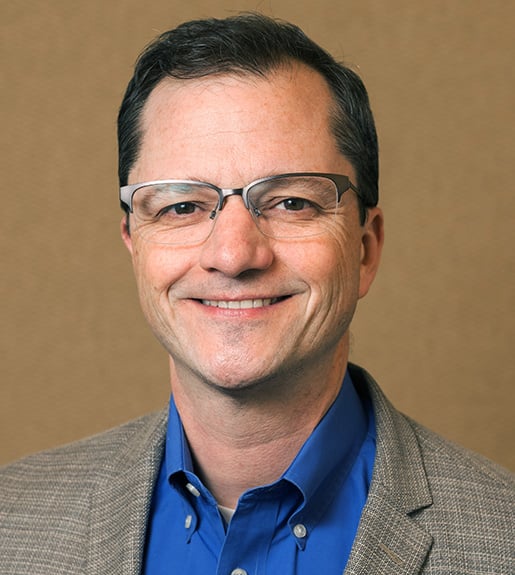Arts and Culture
Article
The Culturephiles
7c3103f5-cb8d-407d-9fc5-3db45fca729e
4 min
https://edge.sitecorecloud.io/tessiturane75c3-tessituraneee12-development-6640/media/Images/Discover-Images/Andrew-Blog/Featured-Media-Images/tween-768x465.jpg?h=465&iar=0&w=768
Can your passions as an adolescent predict future job satisfaction?
You as a Tween
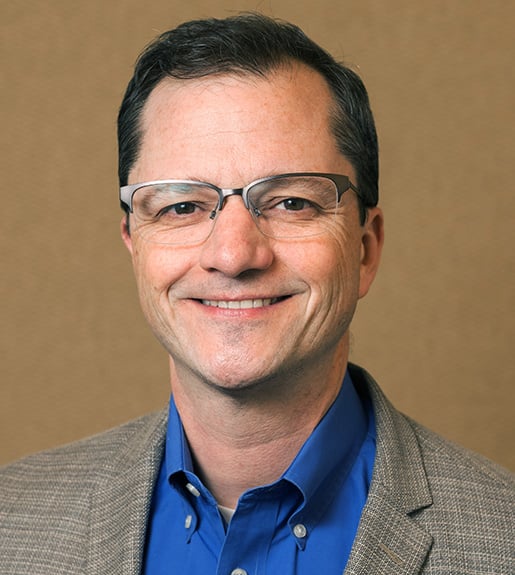
President & CEO, Tessitura Network
You as a Tween
3/19/2019
4 min
Brace yourself. I am about to ask you to relive your adolescence.
Bear with me. It is a thought experiment that might uncover some unexpected insights about yourself.
In the course of interviewing cultural professionals for these posts over the past year, I’ve stumbled upon an interesting theme. Time and again, there were defining moments in the tweenage years of these executives that pointed them toward future success and life satisfaction. Can we learn something from this?
Young Hillary
It was the early 1980s and young Hillary from Fort Worth, Texas was into musicals. As a very special treat, her mom took her to New York City. Each morning they would stand at the TKTS ticket booth in Times Square and let luck choose their next adventure. Hillary was overjoyed the day they scored two tickets to Starlight Express – the Andrew Lloyd Webber extravaganza featuring singing trains on roller-skates.
There weren’t two seats together, but they got the two “singles” anyway; even though they weren’t remotely close to one another. Hillary was down in the orchestra, mom was up in the balcony.
As adult Hillary related to me, she remembers feeling nervous being by herself in a New York Broadway theater. Still, she settled in for the show.
Somewhere in the first act, there was a moment on stage. A magical moment that elicited a wallop of sheer theatrical delight for Hillary and for the audience. She remembers that she and the stranger beside her gasped in unison and instinctively turned toward each other. Total strangers, decades apart in age. And yet their reflex was to share this moment with another human. In that moment, Hillary experienced the fundamental power of live theatre for the first time.
For the rest of the show, even though they never really spoke, she and the stranger would “check in” on each other. She felt a warm shared connection, not just to this stranger, but to everyone else in that theater.
Prior to that day, she had been what we might call a “fan-girl” of theater. At the end of that show it was something more. That night, she told her mother that theater would be her life’s work. She was 11.
Today, Hillary Hart is the Executive Director of Theatre Under the Stars, Houston’s largest presenter and producer of musical theatre.
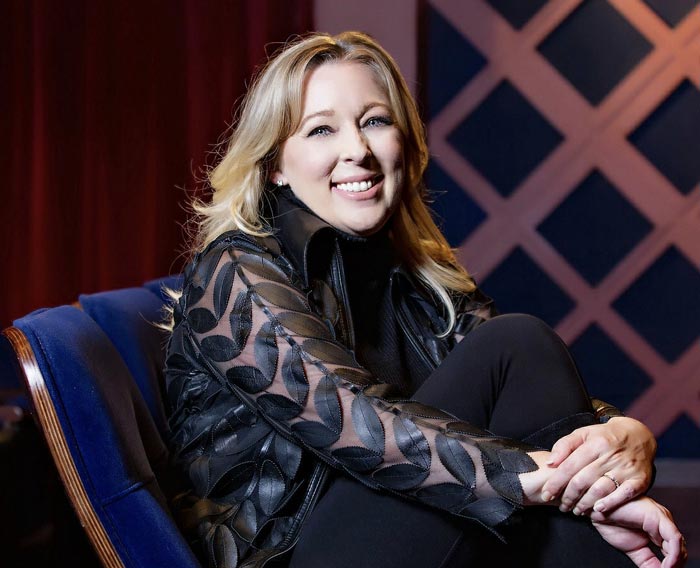
Hillary Hart
Young Jamie
It was the early 1990s, and young Jamie from upstate New York didn’t like history class. He found the books and lessons dense and dull. One day his class took a field trip to the Corning Museum in Corning, NY, and his world turned upside down. Here was living history. Rather than dry facts and figures, it was buildings, objects and humans re-enacting the past. After incessantly nagging his parents, he became the Corning Museum’s youngest volunteer. He would literally sweep their floors, just so he could be a part of it all.
He was 14.
Jamie is now the President & CEO of the Virginia Museum of History and Culture and one of the country’s youngest history museum leaders.
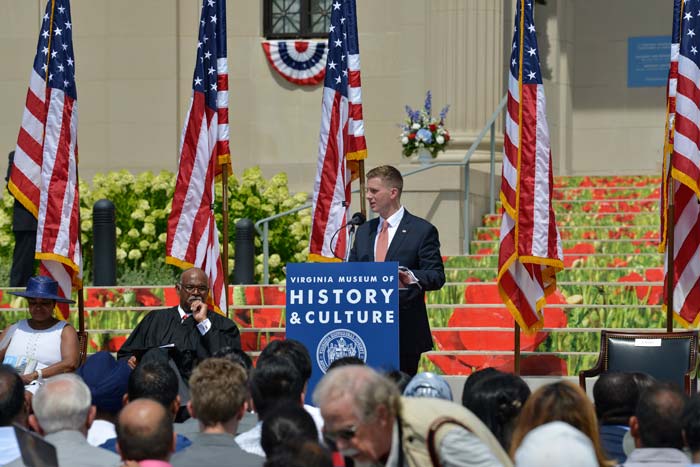
Jamie Bosket
He still doesn’t particularly like traditional history books.
Defining Moments
I’ve heard plenty of other similar stories as well. Each of these cultural leaders offered me a defining moment that led to where they are today.
Interestingly, I didn’t ask “Tell me what you were doing as a tween” or even “When did you realize you were destined for this life?” Each of these tween stories came up organically and early in our conversation.
I was amazed that there was a direct line between this defining moment and their present career. This got me thinking about our brains as adolescents, and how this might explain our future career paths.
The adolescent brain is a brain in transition. As I learned from this Oxford Sparks explanation, “The adolescent brain is particularly agile and flexible, especially open to new opportunities and new experiences.” And even as the areas of the brain around logic and planning are still developing, neural networks around emotion and risk/reward are quite developed by this age.
In essence, as a tween:
- Your brain is a sponge
- You are especially open to new things, and
- You react to these new things with well-developed intensity.
You try lots of new things, and when you find something you love — you hang on for dear life.
Which explains Young Hillary and Young Jamie. Adolescence is the right age to appreciate the magnitude of theatre’s capacity to connect with humans. Adolescence is the right age to recognize living history’s ability to bring the past alive.
You as a Tween
That’s all very interesting, but how can we adults learn from this? Can we reverse engineer our own life history to understand our current job satisfaction? As a thought experiment, I went back in time to my own tween years. Was there anything in that era that I completely fell in love with?
There were two things. At that age, I spent most of my free time writing music at the piano, and the rest of my time hunched over my friend’s dad’s Apple IIe computer. Music and computers were the two things I hung onto for dear life as a tween.
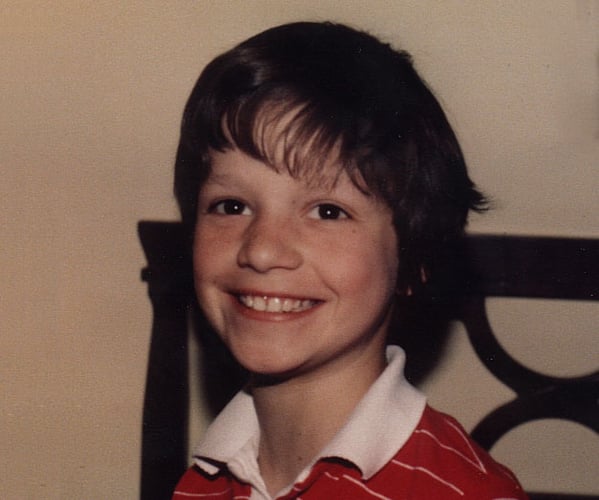
Andrew as a tween
Now this did not foretell a career writing music on a computer. My line isn’t straight. And that’s ok. I would hazard a guess that most of us don’t have a straight line from tween passion to current career like Hillary or Jamie.
But if you abstract your tween passions to higher concepts — maybe you do. I’d say that being a music-writing computer kid maps pretty well to my current job as president of a technology non-profit devoted to arts and culture.
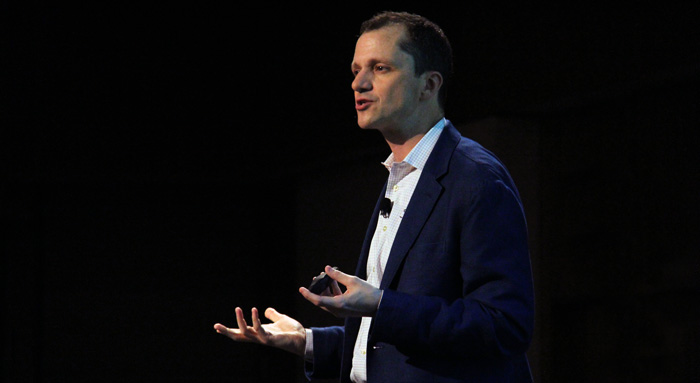
Andrew more recently
Distilling your Tween
So how about this for your own thought experiment:
- What years were you a tween?
- What were your passions then?
- Do you have a straight line from tween to today like Hillary or Jamie? Or do you have a wavy line that distills to a straight line like me?
And if you don’t have any connection to your adolescent passions, do you feel fulfilled? If you feel like there’s something missing, think about that kid you were.
You might be surprised at what you learn.
Topics
Arts & Culture
